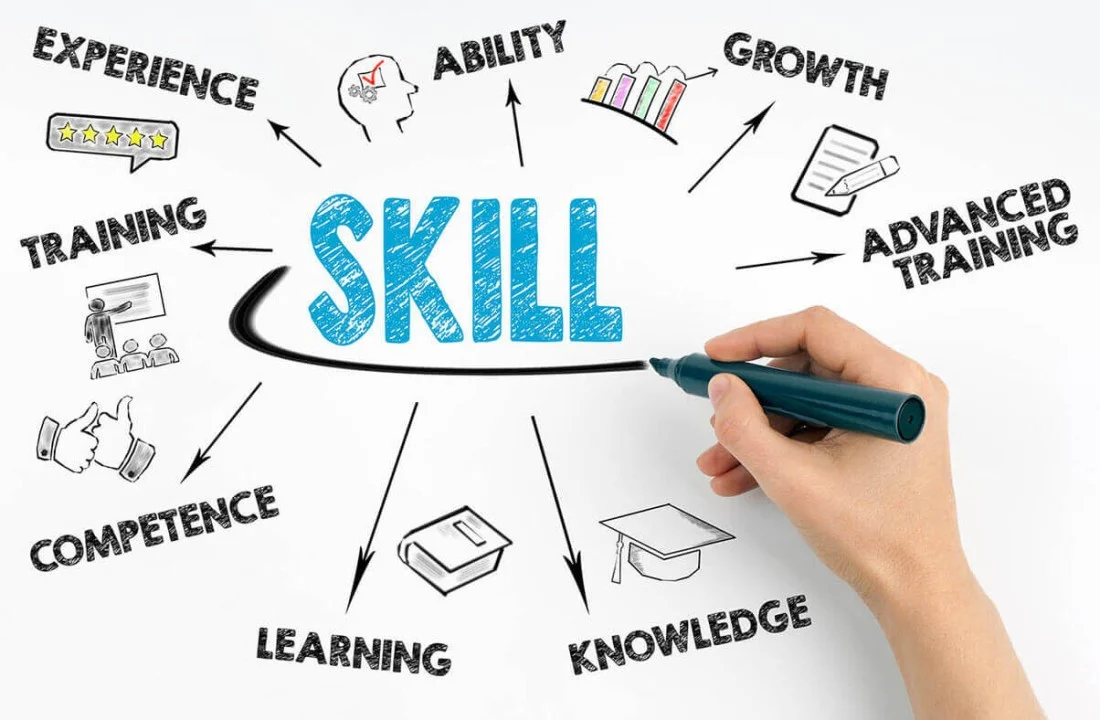If you have a work organization and need people to work there, a skill assessment test is very important. The application of skill assessment tests in the employment process has increased in popularity. Employers and hiring managers use job skills assessment tests to understand applicants’ talents in a wide variety of fields.
Along with interviewing and resume screening, this approach yields consistent, reliable, and organized data that helps hiring managers make well-informed decisions. Obstacles in traditional methods often hinder the smoothness of the process.
However, to truly harness the power of skill assessment tests, candidates must understand how to use them to their advantage.
Key Takeaway
Many companies use skill tests when hiring. These tests help employers see how good someone is at a job. They’re fair because everyone gets the same chance to show what they can do. This helps companies pick the best people for the job.
To excel in skills assessment tests, candidates should:
1. Familiarize themselves with the test format to reduce anxiety and improve performance.
2. Identify and focus on key competencies outlined in the job description.
3. Practice regularly using sample tests and resources to strengthen skills.
4. During the test, make sure to use your time well so you can finish all parts on time.
5. Seek feedback to identify areas for improvement and refine test-taking strategies.
6. Stay relaxed and focused when you’re being tested. Try calming methods to handle any nervous feelings.
Employers use skills tests to find good candidates for jobs. Doing well in these tests can help you get a job. To do well, you need to practice and work hard, which is important for getting ahead in your career.
The Significance of Skills Assessment Tests
First, it’s important to understand why skills assessment tests are important in getting a job. These tests help employers see how good you are at things.
They give a fair way to judge your abilities, like how well you know things and if you’re right for the job.
Whether it’s knowing how to do something, solving problems, or being good at teamwork, these tests check all that.
In today’s tough job market, resumes sometimes don’t show all a person can do. Skills tests make things fair. They let people show what they can do, and then bosses can decide based on facts, not just opinions.
Strategies to Excel in Skills Assessment Tests
Familiarize Yourself with the Format:
Every skills test is different. Understand how the test works: what questions it asks, how long you have, and how it’s scored. Do practice tests to get used to it and feel less nervous.
Identify Key Competencies:
Study the job description closely to learn what skills and abilities are needed. Then, get ready by practicing those skills to ensure you meet the employer’s expectations during the uation.
Practice Regularly:
Practice is really important for doing well in skills tests. Spend time improving your skills, such as technical stuff, math, understanding words, and making judgments. Use online tools, practice tests, and pretend assessments to improve and feel more confident.
Time Management:
It’s important to manage your time well when taking tests to gauge your abilities. This is especially true for tests that are short.
To do well, try these time management tricks: Focus on the most important questions first. Then, based on their difficulty, decide how much time to spend on each question.
Make sure you’re working at a steady pace so you finish on time.
Seek Feedback:
After completing practice tests or mock assessments, seek feedback from mentors, peers, or online forums. Constructive feedback can help identify areas for improvement and refine your approach to future assessments.
Stay Calm and Focused:
Test anxiety can make it difficult to do well. To stay calm during the test, try relaxing techniques like deep breathing or imagining positive things.
Also, remember to read questions carefully, use your time wisely, and be confident when answering them.
Read more: The Importance of Digital Skills in the Workplace
Leveraging Skills Assessment Tests as a Recruitment Assessment Tool
From the perspective of employers, skills assessment tests serve as a powerful recruitment assessment tool, enabling them to uate candidates objectively and efficiently. These tests provide valuable data points that complement other stages of the hiring process, helping employers make informed decisions and identify top talent.
Doing well on skills tests can help you get a job. It shows your abilities and dedication to doing well. It can also make you stand out from other applicants.
Conclusion
Skills assessment tests are invaluable for candidates and employers in the recruitment process. By understanding their significance and employing effective strategies to excel in them, candidates can elevate their prospects and secure their desired roles.
Remember, preparation, practice, and perseverance are the keys to mastering skills assessment tests and unlocking new opportunities in your career journey.
Frequently Asked Questions about Skills Assessment Tests
Q1: What are skills assessment tests?
Skills assessment tests are uations designed to measure an individual’s proficiency in specific job-related skills or competencies.
Q2: Why are skills assessment tests necessary in the hiring process?
Skills assessment tests give employers valuable insights into candidates’ abilities. Helping them make informed hiring decisions based on objective data.
Q3: What types of skills are assessed in these tests?
Skills assessment tests can cover various skills, including technical skills, soft skills, cognitive abilities, problem-solving skills, and job-specific competencies.
Q4: How are skills assessment tests administered?
Skills assessment tests may be administered online, in person, or through a combination of methods. Depending on the position’s requirements and the employer’s preferences.
Q5: Are skills assessment tests reliable indicators of job performance?
While skills assessment tests can provide valuable insights. They are just one part of the hiring process. Other factors such as experience, cultural fit, and interview performance also contribute to predicting job success.

